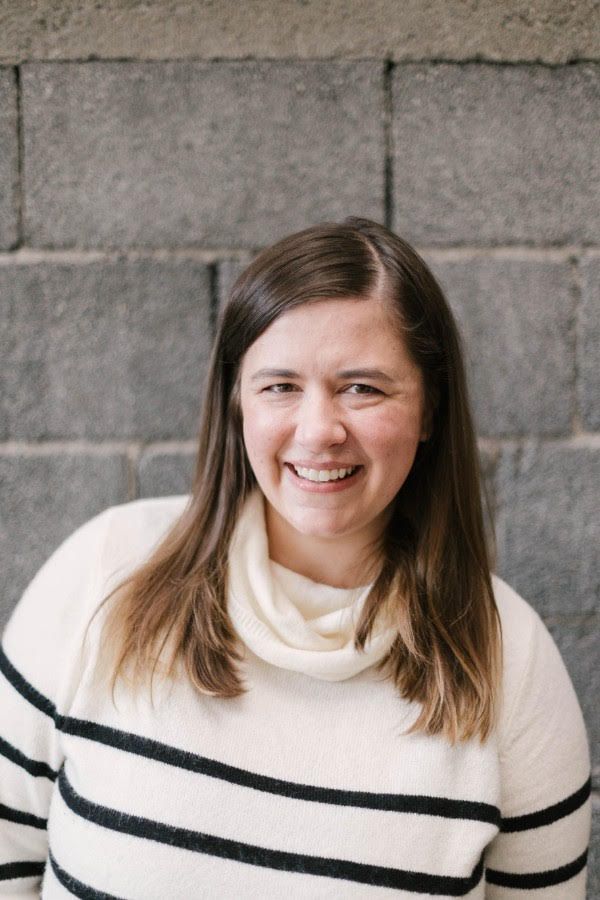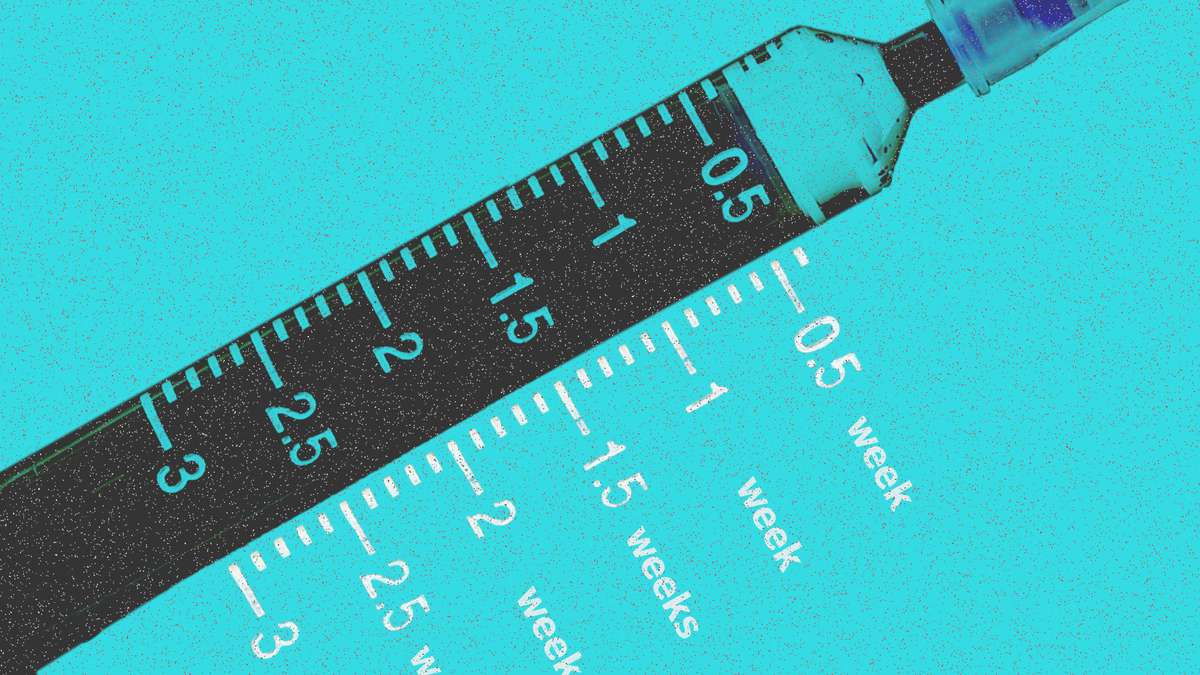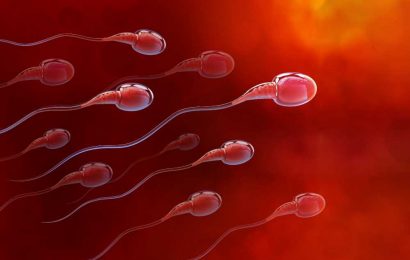

As COVID-19 cases continue to rise amidst the spread of the Omicron variant, health officials are encouraging the public to get vaccinated—and for those who have already completed the initial course of vaccines, the Centers for Disease Control and Prevention (CDC) released new guidelines for when to get the booster dose.
According to the CDC, people are generally considered fully vaccinated two weeks after their second Pfizer or Moderna mRNA dose or two weeks after their single-dose Johnson & Johnson vaccine. But to build back up any protection that might have waned since your initial vaccination series, it's recommended that everyone who's eligible get a booster. Research suggests that doing so decreases the likelihood you'll get COVID-19 or become severely ill if you do contract it.
Currently, any fully vaccinated individual older than 16 can get an mRNA booster shot. People who received the Pfizer or Moderna vaccine can receive the booster six months after completing their second dose, and those who initially received the Johnson & Johnson vaccine can get a booster two months after the single-dose vaccine.
While getting boosted is important in stopping the spread of COVID-19, what's not as clear is how soon after that shot someone is considered "fully boosted." Here's what you need to know about how quickly your booster shot will start to work, according to experts.
First, how does the COVID-19 booster work?
When you get any vaccine, your immune system mounts an antibody response to fight off future infection. Say you got your last COVID-19 vaccine several months ago. As time goes on, your immune response weakens, and a booster shot re-introduces your immune system to the pathogen so it makes more antibody-producing cells.
A key factor in this process is a type of white blood cell called memory B cells, which remain in your body "waiting" to recognize and fight off the same pathogen.
"Once you incorporate another jab, your memory B cells can sense the proteins made by the virus; then they start making more antibodies," Pablo Penaloza-MacMaster, PhD, assistant professor of microbiology-immunology at Chicago's Northwestern University Feinberg School of Medicine, tells Health.
By the time of your booster shot, your memory B cells have already encountered the virus—either once or twice depending on which vaccine series you initially received. As a result, Penaloza-MacMaster says the cells can create more and better antibodies against COVID-19—which means you'll be more protected if you're exposed to the virus. Penaloza-MacMaster says it's also possible the booster may even offer more cross-protection against different variants.
Johnson & Johnson reports that when people receive its booster two months after the first shot, antibody levels rise by four to six times. Meanwhile, antibody levels are increased 37-fold by Moderna boosters and 25-fold by Pfizer boosters, per reporting from NBC. Research also suggests that mixing and matching vaccines offers just as much—or even more—protection as getting boosted with the same vaccine as you initially did.
How long does the booster take to be effective?
Unfortunately, it's not possible to know the exact moment when your booster vaccine becomes fully effective. It's unlikely you'd have extra protection the day after you get your booster because it usually takes days or weeks for the memory cells to produce more antigens. "The only way we could make an estimate is extrapolating how the immune response behaves with other viruses," Penaloza-MacMaster says. "We know between the first and second week you have a massive increase in protection, but there haven't been experiments looking at hours or days."
Infectious disease expert Amesh A. Adalja, MD, a senior scholar at the Johns Hopkins Center for Health Security, agrees that most people will experience some positive effects from the booster within a week, but the full effect is believed to kick in two weeks after the booster. "In general, that's how the immune system responds and how long it takes to arrive at peak level of protection," he says.
CDC data that tracked Pfizer vaccine trial participants for 100 days after their boosters suggest that positive effects of the shot may start as soon as seven days after getting boosted. In the trial, people who received Pfizer boosters had a much lower incidence of experiencing symptomatic COVID-19 infections between a week to two months after getting a booster compared to people with just two shots who had received a placebo booster.
While the Pfizer booster showed promising effects, Penaloza-MacMaster says both mRNA vaccines should start working in similar timeframes, meaning similar results could be expected of the Moderna booster.
As for the Johnson & Johnson shot specifically, the company reports that when its booster was given six months after the single shot, antibody levels increased nine-fold one week after the booster. Those antibody levels continued to climb to 12-fold higher a month after the booster. (But again, this study was done among people who were boosted six months after their shot as opposed to the recommended two months. More on getting the vaccine ASAP vs waiting in a bit.)
What impacts the booster’s effectiveness?
It's important to keep in mind that a few things can interfere with how effective a booster is, and how much protection a vaccine offers at all. For example, Dr. Adalja says elderly people usually respond less effectively to vaccines, and people on certain immune-suppressing medications may not get the full benefit. "But that's true of any vaccine," he says.
There's one other factor that can impact the effectiveness of a booster: time between doses. According to Penaloza-MacMaster, the longer the interval between your original vaccine series and the booster dose, the better antibodies your memory cells can create. If you happen to have waited a few extra months before getting your booster, now's the perfect time to get it. That said, Penaloza-MacMaster does not recommend waiting to get a booster in hopes of getting better protection. Now is the best time to get your booster shot if you qualify. "In the middle of a pandemic, we want to get the higher amount of protection right now rather than waiting," he says.
Source: Read Full Article


